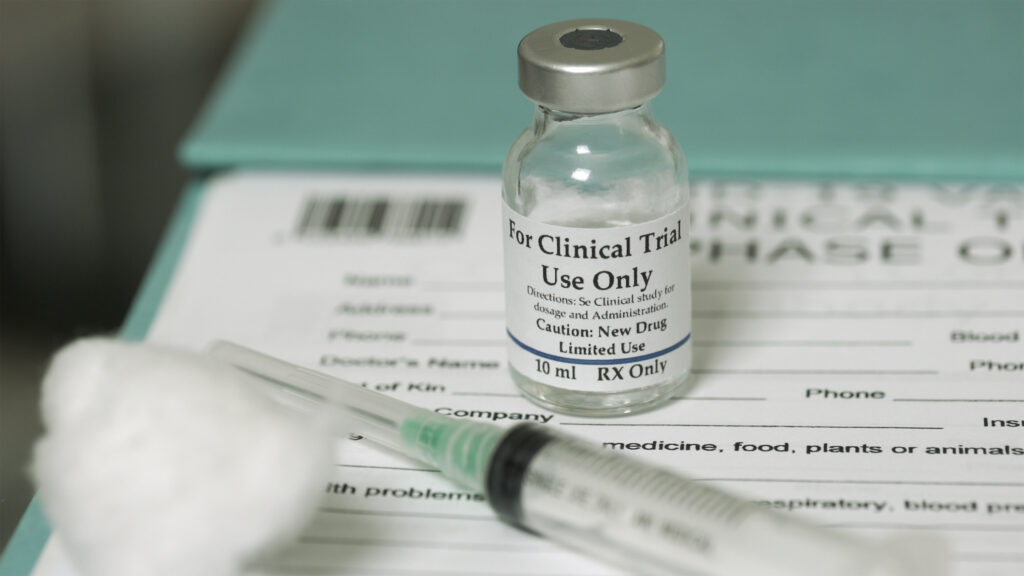
Share on email
Share on linkedin
Share on twitter
Share on skype
Share on facebook
By Maria Iversen
May 31, 2022
By Maria Iversen
May 31, 2022
The new EU pharmaceutical legislation, known as the Clinical Trials Regulation (CTR), entered into application on 31 January 2022. If you currently operate or plan to operate clinical trials in Europe, you will be impacted by the CTR[1].
While CTR aims to simplify and harmonize the regulatory landscape for conducting clinical trials in Europe, it also brings additional requirements and challenges for sponsors. There is a transition period until 31 January 2023, in which sponsors should become aware of these requirements and prepare to implement the necessary changes.
To assist you in this process, we have collated the top 5 changes that you should be mindful of as a sponsor when conducting clinical trials in Europe.
The CTR aims to provide more transparency on clinical trial data. Consequently, information submitted to the recently launched Clinical Trials Information System (CTIS)[2] will be publicly accessible unless its confidentiality can be justified. Sponsors are thus obliged to redact documentation containing personal and/or corporate confidential information before submitting documents in CTIS.
The redaction may impact most of the submission documents throughout the conduct of a clinical trial and will be a comprehensive task. Sponsors are therefore encouraged to create a redaction strategy and ensure resource allocation in due time.
Under CTR, substantial modifications will take up to 69 days to be reviewed and approved. No additional substantial modifications can be submitted until approval/rejection has been received. This also includes the addition of new European countries to the trial scope and may impact country selection strategies and the timing of transfer of ongoing trials to CTR.
CTR introduces new packaging/labeling requirements. The expiry date is now required on the inner packaging. Further, for blinded clinical trials, the name of both the IMP and comparator/placebo must appear on the label. Additionally, labels should be added to authorized Auxiliary Medicinal Products (as per the new definition of Auxiliary Medical Product by CTR).

Under CTR, the maximum response time for a Request For Information (RFI) is 12 calendar days. Failure to comply with these timelines will result in withdrawal in all Member States Concerned. RFI will only be available through the CTIS, which means close monitoring of potential updates in CTIS is required.
If you could benefit from assistance with CTR compliance, do not hesitate to reach out to the Pharma IT team.
Click below to get in touch.
If you could benefit from assistance with CTR compliance, do not hesitate to reach out to the Pharma IT team. Click below to get in touch.
At Pharma IT, we have experience assisting our customers with ensuring their current and future clinical trial strategy has incorporated the changes necessitated by the new CTR. We suggest all organizations begin by taking a moment to think through the following:
If you could benefit from further assistance understanding and planning for, or ensuring CTR compliance, do not hesistate to reach out to the Pharma IT team. Our consultants are ready to help you with any questions that you may have.
Sources cited
[1] EudraLex Vol. 10 – Clinical trials guidelines: EudraLex – Volume 10 (europa.eu)
[2] Clinical Trials Information System (CTIS) – Sponsor Handbook: CTIS Sponsor Handbook 2021 (europa.eu)
Maria Iversen is a Principal Pharma Consultant with 13 years of experience as a global trial manager, working with phase I, II, III and IV studies from protocol development to finalization of the clinical study
report. She is a subject matter expert in Lab set up and collaboration, sponsorship transfer, vendor management and clinical study reports. Maria has experience with multiple indications with key disease areas being oncology and metabolism.